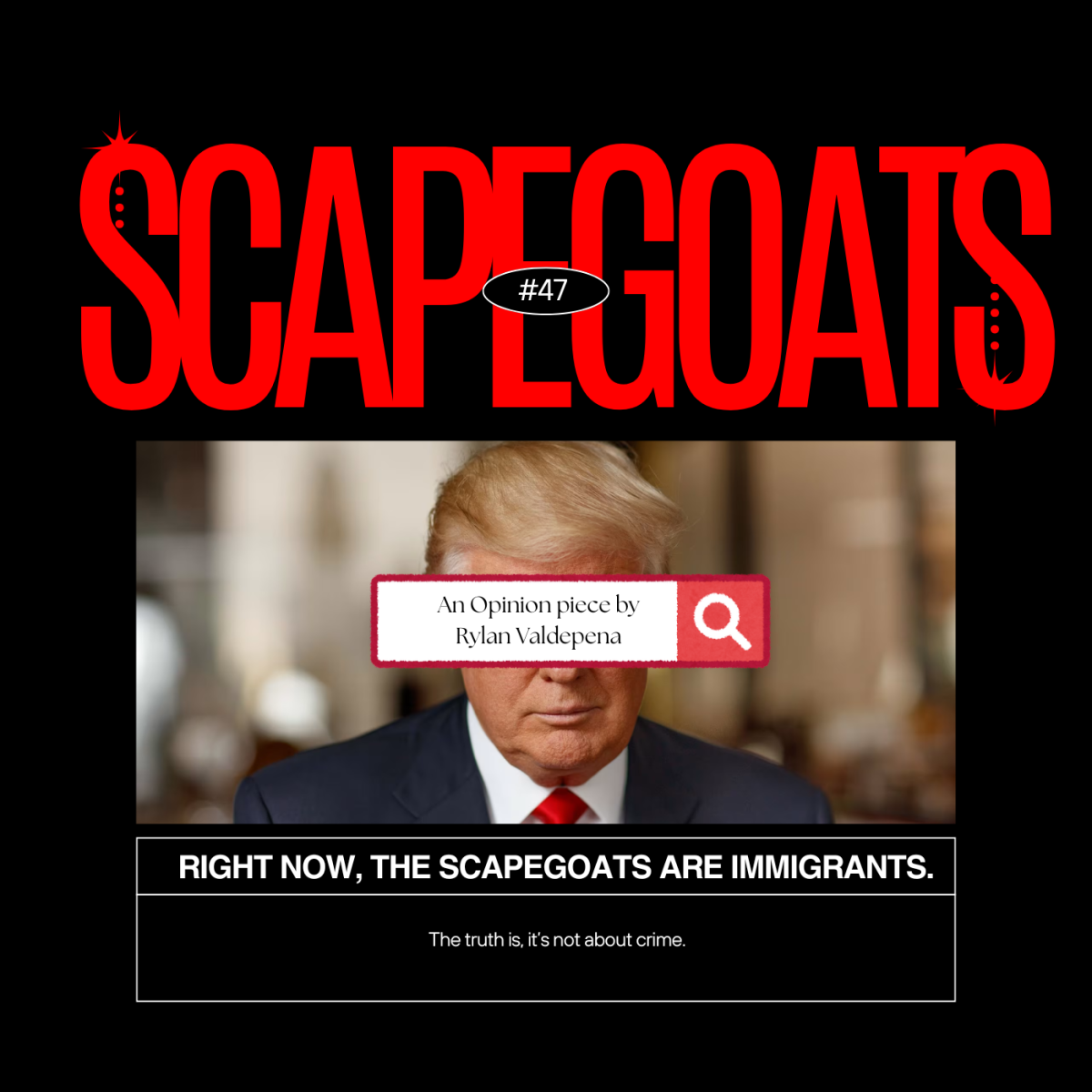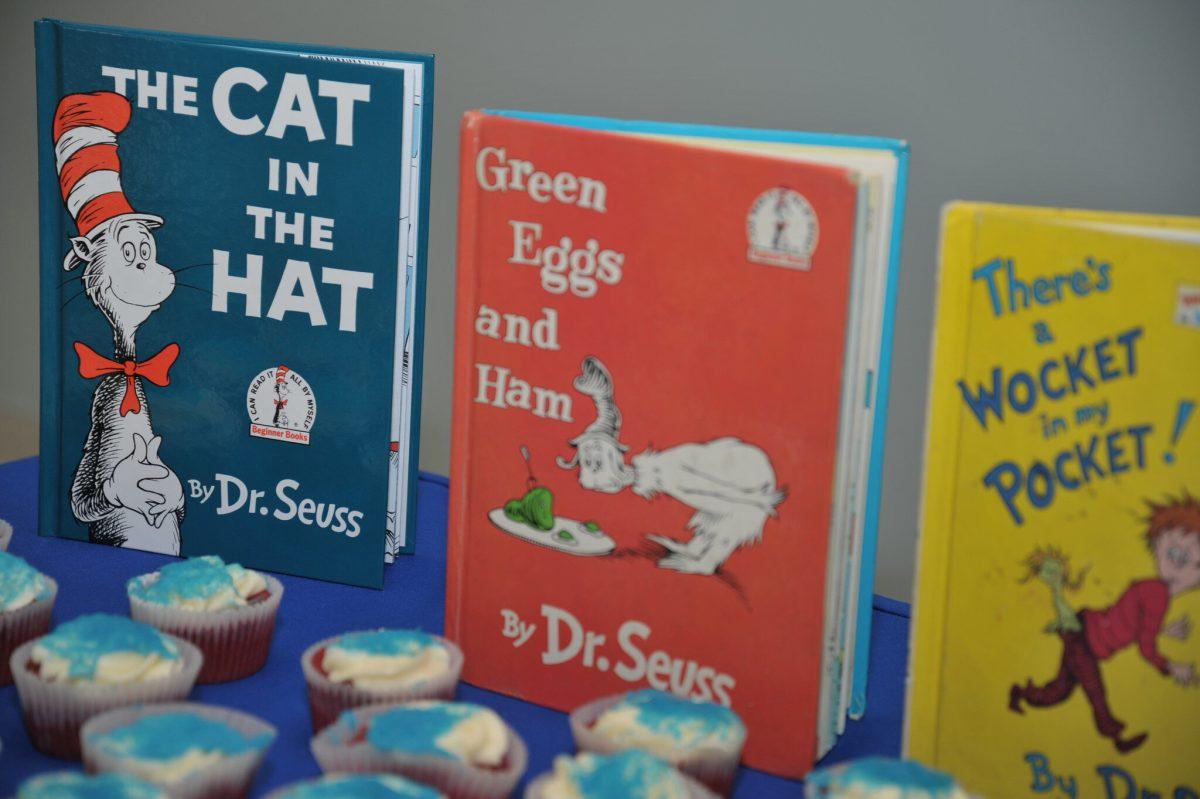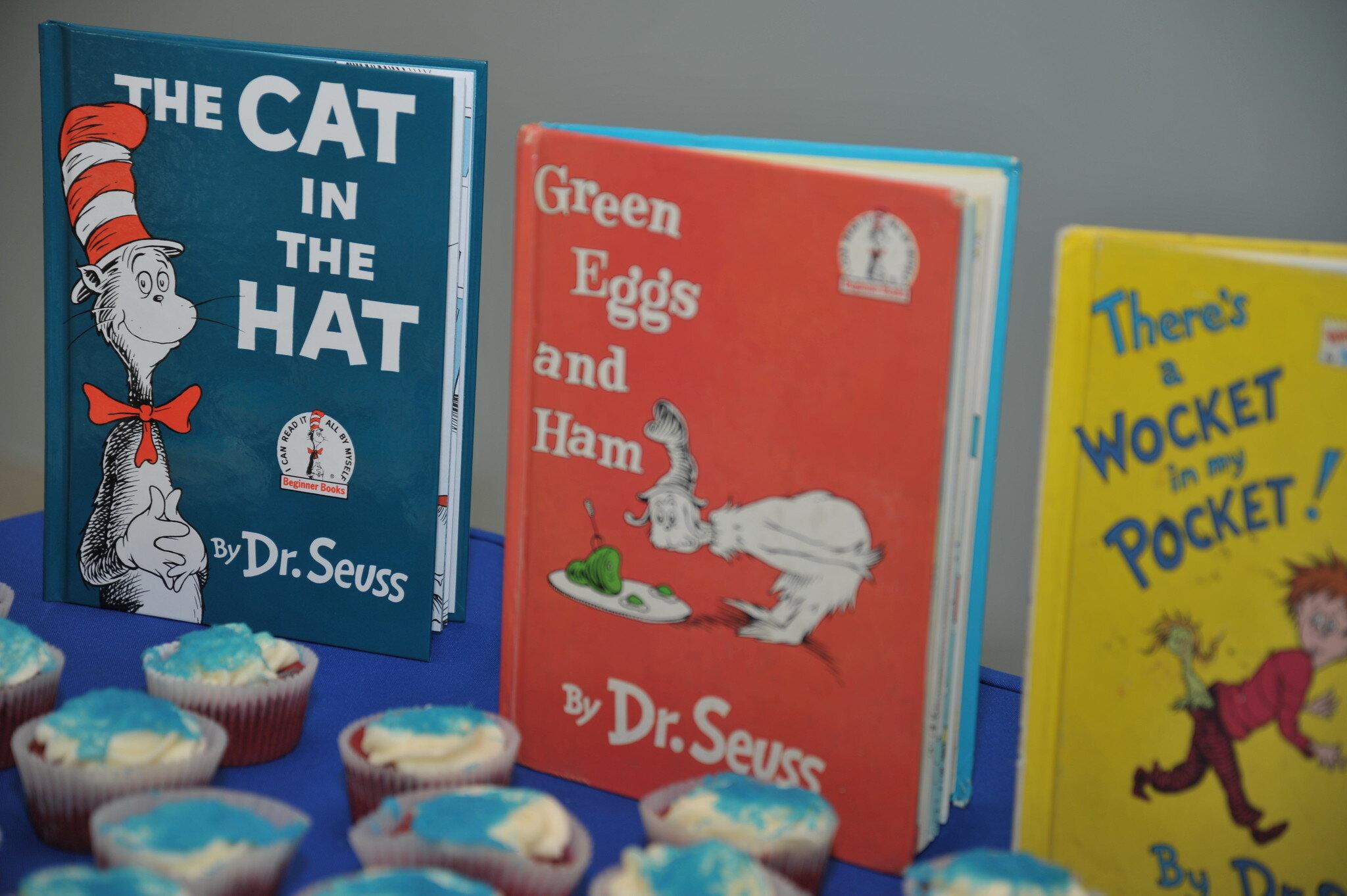On Tuesday, Dr. Seuss Enterprises announced that they will no longer be publishing six titles due to racist imagery that the late author’s supervisors do not agree with. NBC News details some of the disturbing images portrayed, including in “And to Think That I Saw It on Mulberry Street”, a white man is depicted as using a whip with a person of color in the illustration. Additionally, “If I Ran the Zoo” showcased a white boy holding a gun while standing on the heads of three Asian men. These stereotypes are not only harming people, but they are negatively affecting children’s perceptions of others, their developing morals and what constitutes right and wrong.
COURTESY // U.S. ARMY GARRISON CASEY
Many see this move as a step in the right direction for the enterprise, to change and grow with the times. One expert, Ann Neely, a children’s literature professor at Vanderbilt University states said, “I absolutely think this is a commitment to a better, more just, and inclusive world of children’s literature.” With this pullback, these harmful and racist images will no longer be published to impressionable readers. This is a major improvement in terms of taking accountability for any negativity spread by the author at any point in the past.
New York Times mentions another children’s literature scholar, Phillip Nel from Kansas State University responded to this news of pushback by saying, “It will cause people to re-evaluate the legacy of Dr. Seuss, and I think that’s a good thing.” No one who had hateful and ultimately racist intentions should have been able to publish this work, especially when children are among the most impressionable. There is a dark cloud cast over years of these titles being sold and read where there was no prior call to change. The company is taking a necessary stance in order to preserve the integrity of other Dr. Seuss stories that may be able to benefit the younger generations.
Rolling Stone also reports the Enterprises had a team of experts, including teachers review the portfolio of work over the last year, and the decision to remove these titles is because experts found, “These books portray people in ways that are hurtful and wrong.” The fact that the producers of these books were profiting off of selling these racist images to children for 84 years proves the corruption hidden within major media companies aimed towards the youngest demographics. It is a strong sign that the company is finally willing to take responsibility for the inexcusable messages portrayed and normalized by the late author.
This pullback of “And to Think That I Saw It on Mulberry Street”, “If I Ran the Zoo”, “McGelliot’s Pool”, “On Beyond Zebra!”, “Scrambled Eggs Super!”, and “The Cat’s Quizzer” should set an example for all past authors and their books to re-examine their content for potentially harmful images, stereotypes or associations. The pushback against these specific titles demonstrates accountability from the enterprise against the ideas of its original and late author. This is a step in the right direction towards broadcasting appropriate stories to children. The stereotypes that were shared amongst the youth holds back children from recognizing the moral ground behind their thoughts and actions. As adults, some of these children may be unable to distinguish certain beliefs as racist because they have seen the media perpetuating these ideas. Ultimately, the decision to stop publishing these works has sent a positive message to the public and also aided future generations.





































